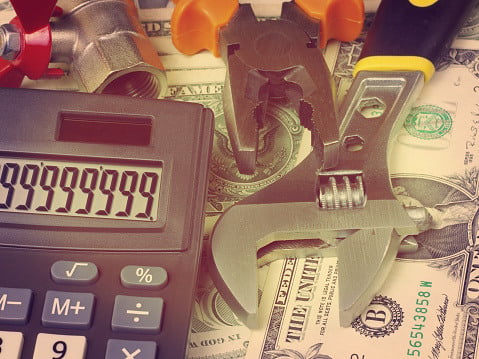 You have many responsibilities as an HOA board member that require you to make decisions and take action. Some of the most important decisions the Board of a homeowners association has to make are financial decisions. It’s challenging to try and remember what funds from the operating budget covers and what funds from the reserve budget will pay for.
You have many responsibilities as an HOA board member that require you to make decisions and take action. Some of the most important decisions the Board of a homeowners association has to make are financial decisions. It’s challenging to try and remember what funds from the operating budget covers and what funds from the reserve budget will pay for.
First and foremost, it’s crucial that you review your Association’s CC&Rs. They will specifically tell you what each budget covers for your homeowners association.
1. An easy way to distinguish between the two budgets is this:
- The operating budget is like a checking account
- The reserve budget is like a savings account
2. Role of the Operating Budget – Pays for the services that help carry out the everyday functions in the HOA. For example:
- Landscaping
- General maintenance of common areas
- Property management
- Security Services
- Insurance and taxes
- Utility expenses
- Office expenses
- Accounting and legal fees
3. Role of the Reserve Budget – Used for larger scale projects that don’t occur on an annual basis. For example:
- Roof replacement on common area buildings
- New pump needed at the community pool due to compliance issues or failure
- New construction projects
- Repair of roads and sidewalks
- Replacing fencing in HOA controlled areas
- Painting
4. Where the funds for both budgets come from – The money put into both the operating and reserve budgets come from the HOA fees homeowners agree to pay when they move into the Association.
5. Requirements by law – According to the Davis-Stirling Act the HOA board is required to annually prepare a pro forma operating budget and to conduct a reserve study every three years.
6. How the funds are managed – The HOA board is responsible for overseeing both the operating and reserve budgets. Since board members are volunteers and not experts, they are expected to work alongside experts.
7. Who to consult with – The experts the Board can talk to are an accountant, financial advisor, or HOA manager. An HOA manager especially is a great resource for HOA board members. Hiring a manager can help the homeowners association keep the financial planning on track, stay in compliance with the law, and be an invaluable resource when there are questions.
If your Association can’t afford a full-time manager consider at least making an appointment or consultation with a trustworthy management company to have an overview done of the Association’s financials.
Keep in mind that this guide is for general purposes only, but is encouraged to be tailored with the specific information relevant to your homeowners association as a quick and easy reference guide for HOA board members.
It's crucial to the financial health of the Association that you have a reserve fund plan. Download the free eBook below to get started!









